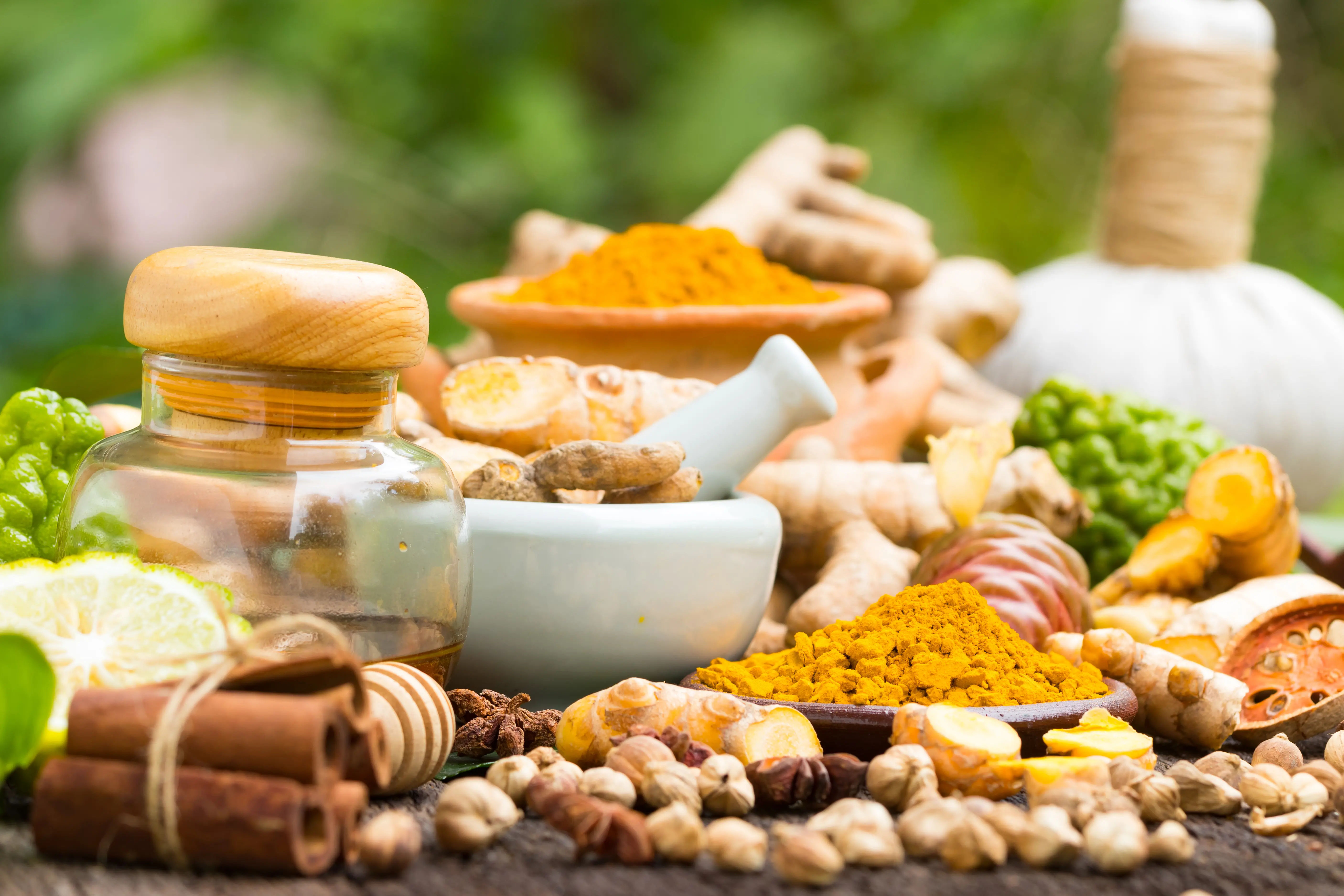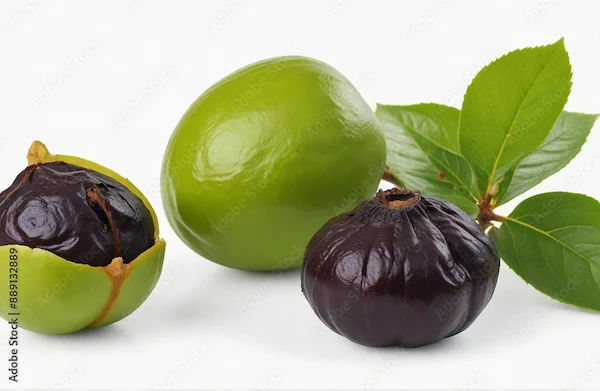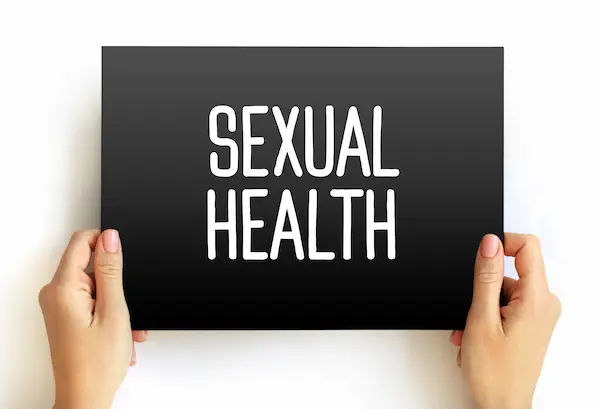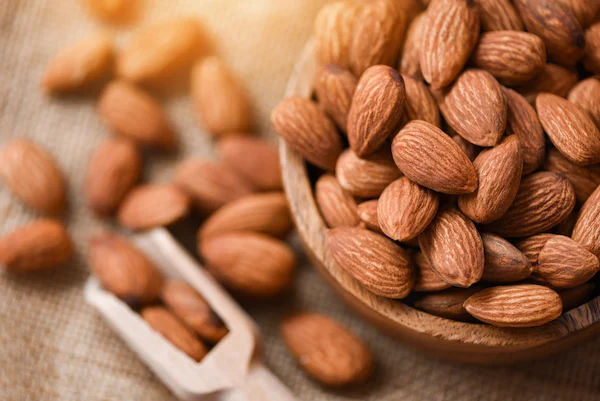Understanding Bowel Gas Issues
Struggling with bloating, flatulence, or abdominal discomfort? Learn the causes of bowel gas, how to manage it with diet and lifestyle changes, and when to seek medical advice.

Written by Dr. Shaik Abdul Kalam
Reviewed by Dr. Mohammed Kamran MBBS, FIDM
Last updated on 20th Aug, 2025

Introduction
Gas in the digestive system is a normal part of digestion, but excessive gas or discomfort can be bothersome. If you’ve ever felt bloated, gassy, or experienced embarrassing flatulence, you’re not alone. Bowel gas issues are common and usually harmless, but they can sometimes indicate an underlying digestive problem.
In this article, we’ll explore what causes bowel gas, how it affects your health, and simple ways to manage it effectively.
What Causes Bowel Gas?
Gas forms in your digestive tract in two main ways:
1. Swallowing Air (Aerophagia)
Eating or drinking too quickly.
Chewing gum or sucking on hard candies.
Drinking carbonated beverages.
Smoking.
2. Digestion of Food
When gut bacteria break down undigested food (especially high-fibre or sugary foods), gas is produced as a byproduct.
Some foods are more likely to cause gas, such as beans, lentils, broccoli, cabbage, onions, and dairy (if lactose intolerant).
Common Conditions That Increase Gas
Lactose Intolerance: Difficulty digesting milk sugar (lactose).
Irritable Bowel Syndrome (IBS): A digestive disorder causing bloating, gas, and altered bowel habits.
Small Intestinal Bacterial Overgrowth (SIBO): Excess bacteria in the small intestine ferment food, leading to gas.
Food Intolerances (e.g., gluten, fructose): Certain foods may not be digested properly.
Symptoms of Excessive Bowel Gas
While passing gas (flatulence) is normal, excessive gas can cause discomfort, including:
Frequent burping or belching.
Bloating or a swollen belly.
Abdominal pain or cramping.
Excessive flatulence (more than usual).
A feeling of fullness even after small meals.
If gas is accompanied by weight loss, diarrhoea, blood in stool, or severe pain, consult a doctor as it may indicate a more serious condition.
Consult Top Specialists for Personalised Tips
How to Reduce and Manage Bowel Gas
1. Adjust Your Diet
Limit Gas-Producing Foods:
Beans, lentils, broccoli, cabbage, onions, carbonated drinks.
Artificial sweeteners (sorbitol, mannitol).
Try a Low-FODMAP Diet (if IBS is suspected):
FODMAPs are fermentable carbs that can cause gas. Reducing them may help.
Eat Slowly & Chew Well:
Prevents swallowing excess air.
Stay Hydrated:
Helps digestion and reduces constipation-related gas.
2. Lifestyle Changes
Exercise Regularly:
Physical activity helps move gas through the digestive tract.
Avoid Chewing Gum & Smoking:
Both increase swallowed air.
Probiotics:
Yoghurt or probiotic supplements may improve gut bacteria balance.
3. Over-the-Counter Remedies
Simethicone (Gas-X, Mylicon): Breaks up gas bubbles.
Lactase Supplements (for lactose intolerance).
Activated Charcoal (may reduce gas but consult a doctor first).
When to See a Doctor?
Most gas issues are harmless, but consult a healthcare provider if you experience:
Persistent bloating or pain.
Unexplained weight loss.
Diarrhoea or constipation lasting weeks.
Blood in stool.
These could signal conditions like celiac disease, IBS, or inflammatory bowel disease (IBD).
Conclusion
Bowel gas is a normal part of digestion, but excessive gas can be uncomfortable. Simple dietary and lifestyle changes can make a big difference. If symptoms persist or worsen, don’t hesitate to seek medical advice.
Need help managing digestive issues? You can consult a gastroenterologist via Apollo 24|7 for expert advice and personalised care.
Consult Top Specialists
Consult Top Specialists for Personalised Tips

Dr. Mohamed Azeem
General Physician/ Internal Medicine Specialist
2 Years • MBBS,MD(Internal Medicine) CCEBDM
Karaikudi
Apollo Hospitals Karaikudi, Karaikudi

Dr. Mary Susan K S
General Physician/ Internal Medicine Specialist
13 Years • MBBS, MD INTERNAL MEDICINE
Bengaluru
Apollo Clinic, Sarjapur Road, Bengaluru
Dr. Sujay P R
General Physician/ Internal Medicine Specialist
3 Years • MBBS
Bengaluru
PRESTIGE SHANTHINIKETAN - SOCIETY CLINIC, Bengaluru
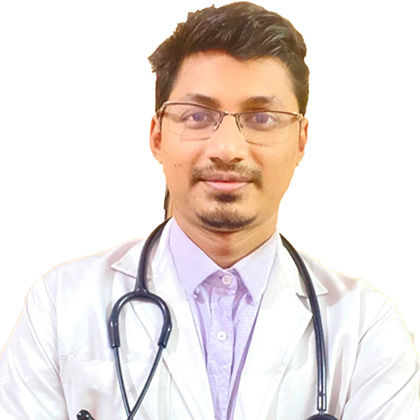
Dr. Vishal Kumar H
General Physician/ Internal Medicine Specialist
8 Years • MBBS, master class in critical care medicine, Advanced Post Graduate Diploma in Non Invasive Cardiology, certificate course in Cardiovascular Disease & Stroke, Certificate course in Common Mental Disorder
Bengaluru
Apollo Clinic, Basavanagudi, Bengaluru
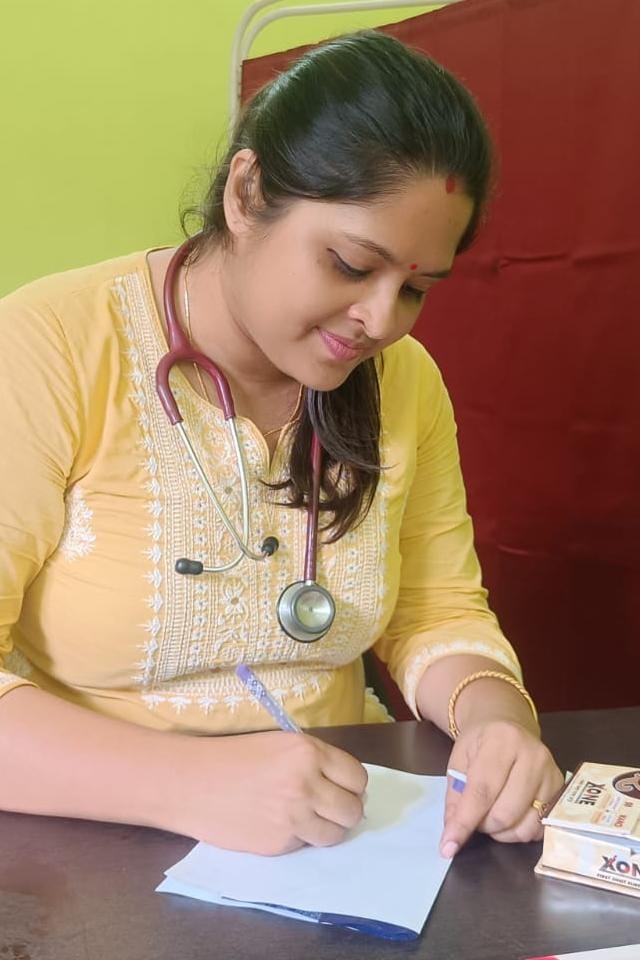
Dr. Swagata Sircar
General Physician/ Internal Medicine Specialist
8 Years • MBBS, MD General Medicine
Kolkata
HealthYou Speciality Clinic & Diagnostics., Kolkata
(50+ Patients)
Consult Top Specialists

Dr. Mohamed Azeem
General Physician/ Internal Medicine Specialist
2 Years • MBBS,MD(Internal Medicine) CCEBDM
Karaikudi
Apollo Hospitals Karaikudi, Karaikudi

Dr. Mary Susan K S
General Physician/ Internal Medicine Specialist
13 Years • MBBS, MD INTERNAL MEDICINE
Bengaluru
Apollo Clinic, Sarjapur Road, Bengaluru
Dr. Sujay P R
General Physician/ Internal Medicine Specialist
3 Years • MBBS
Bengaluru
PRESTIGE SHANTHINIKETAN - SOCIETY CLINIC, Bengaluru

Dr. Vishal Kumar H
General Physician/ Internal Medicine Specialist
8 Years • MBBS, master class in critical care medicine, Advanced Post Graduate Diploma in Non Invasive Cardiology, certificate course in Cardiovascular Disease & Stroke, Certificate course in Common Mental Disorder
Bengaluru
Apollo Clinic, Basavanagudi, Bengaluru

Dr. Swagata Sircar
General Physician/ Internal Medicine Specialist
8 Years • MBBS, MD General Medicine
Kolkata
HealthYou Speciality Clinic & Diagnostics., Kolkata
(50+ Patients)

